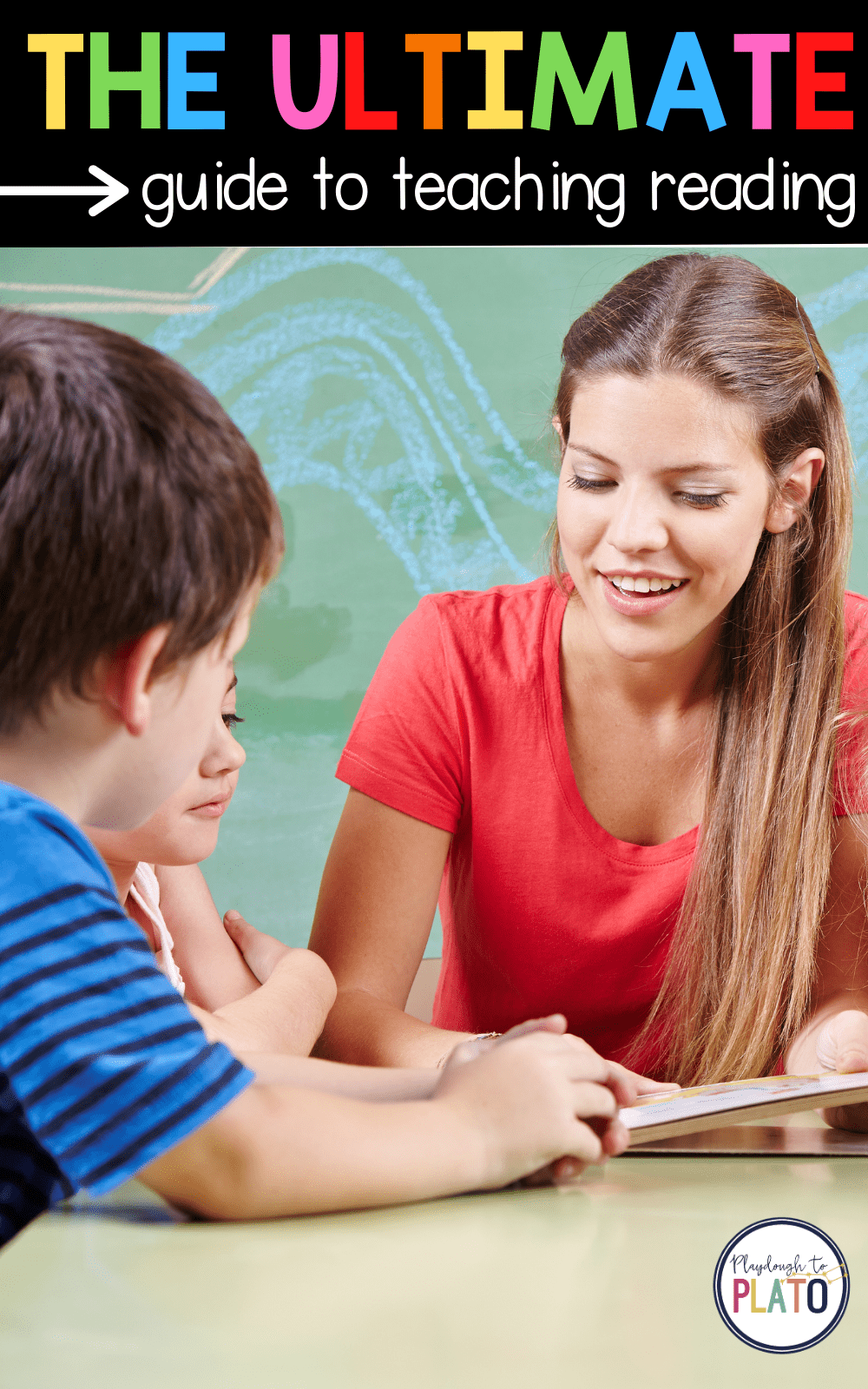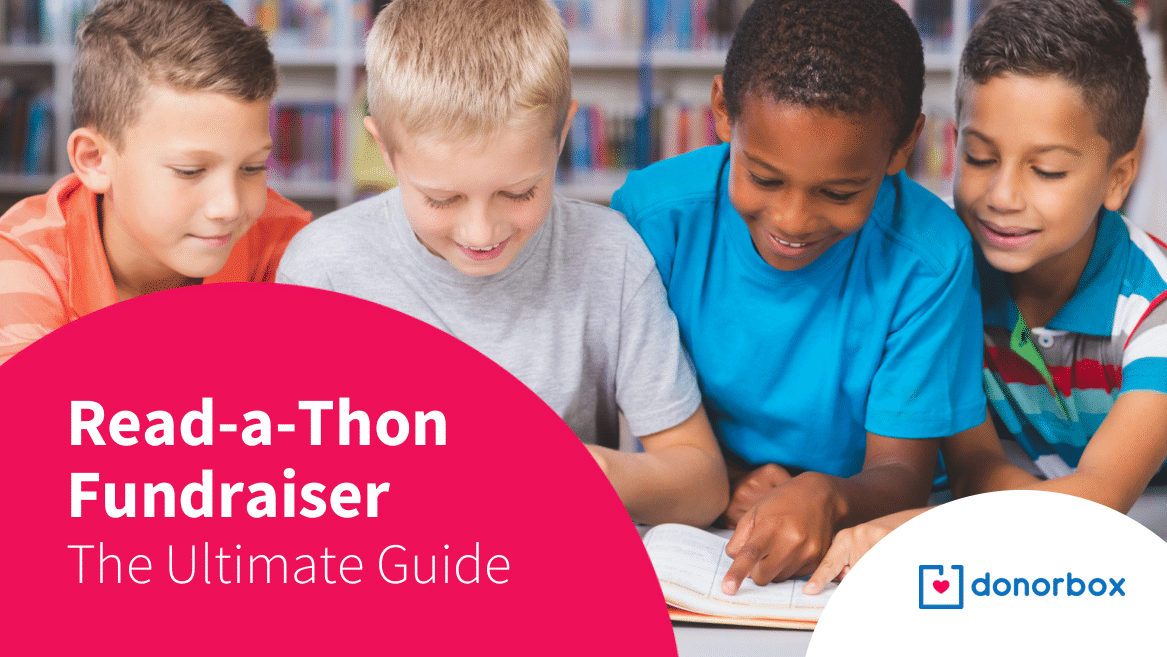When Do Kids Start Learning to Read : The Ultimate Guide
Kids typically start learning to read around the age of five, although some may begin as early as three. At age five, children begin identifying letters and learning basic reading concepts.
While some kids may start earlier, most children begin reading around six or seven years old. It’s important to support your child’s reading skills at a pace that works best for them. Starting with simple books like “The Very Hungry Caterpillar” or “Green Eggs and Ham” can help foster a love for reading at a young age.
As children develop pre-reading skills, introducing them to age-appropriate books can lay a strong foundation for their reading journey.

Credit: www.playdoughtoplato.com
1. Early Reading Development
Children typically start learning to read around the age of five, although some may begin earlier. At this stage, they are able to identify letters, match them to sounds, and understand the basic concept of reading left-to-right and top-to-bottom. However, there is no rush to start reading lessons, as waiting until they are older is perfectly fine.
1.1 Pre-reading Skills
Children often start developing pre-reading skills as early as age two. These skills include recognizing letters, matching them to sounds, and understanding the concept of beginning and ending sounds in words.
1.2 Reading Benchmarks By Age
By age five, children typically begin to demonstrate reading benchmarks such as identifying letters, understanding basic word sounds, and grasping the direction of reading from left to right and top to bottom.
1.3 Reading Milestones (for Parents)
Parents play a crucial role in their child’s reading development. Reading to children as young as nine months can have a positive impact on their overall cognitive development and language skills.

Credit: www.notconsumed.com
2. Age Of Starting To Read
Children typically start learning to read at different ages. Understanding the age at which kids begin reading can help parents better support their child’s literacy development.
2.1 Average Age For Learning To Read
| Age Group | Average Age to Start Reading |
|---|---|
| 3-4 years | Some children may start recognizing words |
| 5 years | Most children begin to read basic words |
| 6-7 years | Children generally start reading fluently |
2.2 Earliest Age Child Has Learned To Read
- Some children have shown reading abilities as early as 2-3 years old
- It’s important to note that early reading abilities vary among children
2.3 Best Age To Learn To Read
The ideal age to start learning to read is between 5 to 7 years old. This age range allows children to develop necessary pre-reading skills before diving into reading.
2.4 When Do Kids Start Learning To Read (reddit Discussion)
Reddit users discuss the age at which children begin reading, with experiences ranging from early readers to those starting in first or second grade. Each child’s reading journey is unique, and parents should support their child’s literacy development based on individual readiness.
3. Teaching Kids To Read
Teaching kids to read is an important milestone in their education. It sets the foundation for their future academic success and helps them develop essential literacy skills. In this section, we will explore how reading is taught, how parents can help in the process, and at what grade kids typically start learning to read.
3.1 How Reading Is Taught
When it comes to teaching kids to read, there are various approaches and methods that educators employ. One common method is phonics, which focuses on teaching children the sounds of individual letters and how they combine to form words. Through phonics instruction, kids learn to sound out words and decode unfamiliar words.
Another approach is the whole language method, which emphasizes the meaning and context of words. With this method, children are exposed to books and texts from an early age, allowing them to develop language skills and comprehension naturally. This method often incorporates sight words, where children learn to recognize common words by sight rather than sounding them out.
3.2 How Parents Can Help Teach
Parents play a crucial role in their child’s reading development. Here are some ways parents can help teach their kids to read:
- Read together: Reading aloud to your child is an excellent way to expose them to language and develop a love for reading. Choose age-appropriate books and engage your child by asking questions about the story.
- Provide a print-rich environment: Surround your child with books, magazines, and other reading materials. Having access to different texts encourages curiosity and a desire to explore words.
- Practice letter recognition: Help your child learn the letters of the alphabet by pointing them out in books, on signs, or during everyday activities. Make it fun by playing letter games or using flashcards.
- Encourage writing: Encouraging your child to write their own stories or letters helps reinforce the connection between spoken and written words. Provide them with writing materials and praise their efforts.
3.3 What Grade Do Kids Learn To Read
The grade at which kids start learning to read can vary, but most children begin formal reading instruction in kindergarten or first grade. However, it’s important to note that reading readiness occurs on a continuum, and some children may show early signs of reading skills before starting school.
By the end of first grade, kids are expected to have a basic grasp of reading, including recognizing and decoding simple words, understanding story structure, and demonstrating comprehension. As they progress through elementary school, their reading skills continue to develop, allowing them to tackle more complex texts.
In conclusion, teaching kids to read is a process that involves different methods and approaches. Parents can play a significant role in supporting their child’s reading development by reading together, providing a print-rich environment, practicing letter recognition, and encouraging writing. While the grade at which kids learn to read may vary, it is crucial to foster a love for reading and provide opportunities for continued growth and improvement.
4. Potential Risks Of Early Reading
Early reading is often seen as a sign of exceptional intelligence in children. But is it always beneficial? Let’s explore the potential risks of early reading and how it can affect a child’s development.
4.1 Why Early Reading Can Be Detrimental For Children
Reading is a complex skill that involves various cognitive processes. When children are forced into reading at a very young age, it can lead to high levels of stress and anxiety, ultimately affecting their enjoyment of learning. Moreover, it can hinder their natural curiosity and creativity, as they are pressured to focus solely on the mechanics of reading, rather than exploring the world around them.
4.2 Is There Such A Thing As Reading Fluency At A Young Age?
Reading fluency implies more than just decoding words. It encompasses comprehension and critical thinking abilities, which are still developing in young children. Pushing for early reading fluency can lead to superficial understanding and a lack of deep engagement with the text. This may impact their overall academic progress later on.
4.3 Is Early Reading Bad For Child Development?
Early reading may potentially stunt a child’s emotional and social development. Instead of engaging in play and interactive activities, they spend excessive time practicing reading skills. This can impact their ability to connect with peers and understand emotions and social cues effectively.
5. Teaching Reading To Babies And Toddlers
Teaching reading to babies and toddlers is an essential step towards enhancing their cognitive development and preparing them for academic success. Introducing literacy skills at an early age not only promotes language development but also fosters a lifelong love for reading. By familiarizing babies and toddlers with letters, sounds, and words, parents and caregivers lay the foundation for strong literacy skills that will benefit children throughout their lives.
5.1 At What Age Should Babies Start Learning The Alphabet And Reading?
There is no specific age at which babies should start learning the alphabet and reading. However, exposure to written language can begin as early as infancy. Babies as young as 6 months old can start to recognize familiar words and pictures. By the age of 2, many toddlers can identify a few letters and understand that print in books carries meaning. While formal instruction may not be appropriate at such a young age, exposure to letters, words, and stories through reading aloud and interactive play can lay the groundwork for future reading skills.
5.2 Simple Ways To Teach Reading To Babies And Toddlers
- Read aloud to your baby, pointing to the words as you read to introduce the concept of print and its connection to spoken language.
- Use board books with colorful pictures and simple text to engage babies and toddlers in the joy of reading.
- Engage in interactive activities such as singing nursery rhymes, playing word games, and incorporating storytelling into everyday routines.
- Encourage exploration of alphabet blocks, alphabet puzzles, and other tactile learning tools to familiarize toddlers with letters.
- Create a print-rich environment by labeling objects around the home and incorporating reading and writing into daily activities.

Credit: donorbox.org
Frequently Asked Questions On When Do Kids Start Learning To Read
Can A 3 Year Old Learn To Read?
Yes, it’s possible for a 3-year-old to learn to read, but typically children start reading around age 5.
Is It Common For A 4 Year Old To Read?
Yes, it is not uncommon for a 4-year-old to read, although the average age for children to start reading is around 5 years old.
Should My 5 Year Old Be Reading?
Yes, it is normal for a 5-year-old to start reading. At this age, children begin to recognize letters, match them to sounds, and understand that words are read from left to right and top to bottom. While some kids may start earlier, the average age for reading is around 5.
It’s perfectly fine to wait until your child is older before starting reading lessons.
What Is The Earliest A Child Has Learned To Read?
Most children start reading around age five, but some may begin as early as three. It’s not the norm for children to read at such a young age. The U. S. Department of Education suggests that children typically start reading at around six or seven years old.
Conclusion
The age at which children start learning to read can vary. While there is evidence that some three-year-olds can read, the average age for children to begin reading is around five years old. It is important to support and nurture pre-reading skills in children, and by the age of five, they will start identifying letters, matching them to sounds, and understanding basic reading concepts.
Remember, every child is unique, and it is perfectly fine to wait until they are older before starting formal reading lessons. So, embrace your child’s individual journey and provide them with a supportive and encouraging environment for their reading development.






